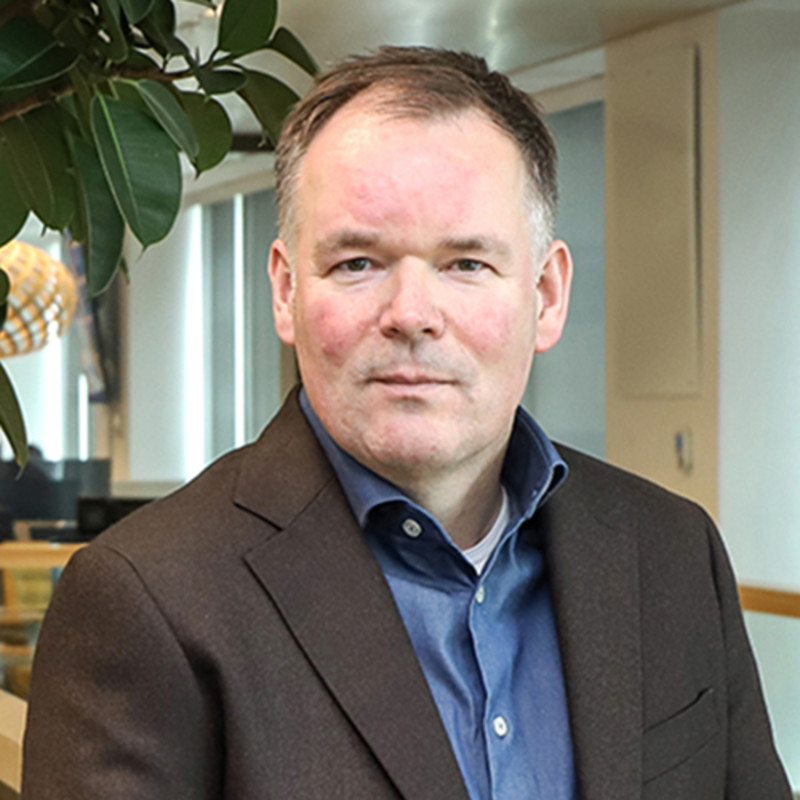Key points
- Multi-Asset-Credit Strategy that invests in global investment credit, high yield and emerging markets
- Invests in companies that contribute to the United Nations Sustainable Development Goals
- Fund aims to maximize current yield and income for investors who are targeting a consistent level of income
About this fund
Robeco Credit Income is an actively managed fund that invests in global investment grade credit, high yield and emerging credits to optimize yield and income through the credit cycle. The fund primarily invests in short-dated bonds and interest rate duration range between 1-6 years, while, at the same time, invest in companies that contribute to realizing the UN Sustainable Development Goals (SDGs). The selection of these bonds is based on fundamental analysis. Performance drivers are the top-down beta positioning as well as bottom-up issuer selection. The portfolio is built on the basis of the eligible investment universe and the relevant SDGs using an internally developed framework about which more information can be obtained via the website www.robeco.com/si. The fund's objective is to maximize current income.
Key facts
| Total size of fund | USD 2,252,177,913 |
| Size of share class | USD 8,682,020 |
| Inception date share class | 23-02-2021 |
| 1-year performance | 9.81% |
| Dividend paying | No |
Fund manager
 Evert Giesen
Evert Giesen Jan Willem Knoll
Jan Willem Knoll



